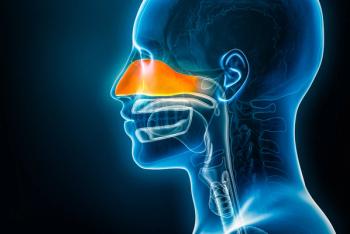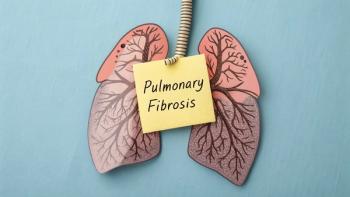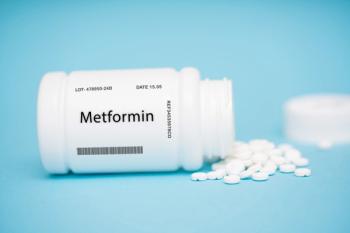
PureTech Reports New Data Showing Promise for Deupirfenidone for IPF
The deuterated form of deupirfenidone produced favorable results in an open-label extension study.
Idiopathic pulmonary fibrosis (IPF) is a progressive and fatal lung disease marked by irreversible scarring that steadily impairs breathing, with median survival after diagnosis of between two and five years.
The current FDA-approved therapies,
Those hopes got a boost from findings about deupirfenidone, a new IPF drug presented at a European Respiratory Society meeting Sept. 27 to Oct. 1 in Amsterdam.
Camilla Graham, M.D., vice president of medical affairs for PureTech, explained deupirfenidone is a
The data presented was from an extension of a Phase 2b ELEVATE IPF trial, strengthening the case for deupirfenidone as a potential new standard of care for the life-threatening condition. It revealed that patients switching from placebo or the current standard pirfenidone to deupirfenidone achieved stabilization of lung function with favorable tolerability.
In the global, double-blind study, the researchers compared a regimen of 825 milligrams (mg) of deupirfenidone three times daily against both placebo and 801 mg of pirfenidone three times daily. After 26 weeks, deupirfenidone met its primary end point, significantly reducing lung function decline versus placebo. In fact, patients on deupirfenidone had a mean decline in forced vital capacity of –21.5 milliliters (mL) compared with –112.5 mL on placebo, a 91 mL difference. Meanwhile, pirfenidone patients saw a decline of –51.6 mL.
Upon completion of the blinded phase, 170 patients, representing more than 90% of participants, entered the open-label extension, continuing on or switching to deupirfenidone for an additional 26 weeks.
Some earlier analyses had already revealed that patients maintained lung function stabilization for up to a year. The new results focused on those who initially received a placebo or pirfenidone before switching to deupirfenidone.
Patients switching from placebo (n=17) experienced a mean FVC change of +20.0 mL after 26 weeks on deupirfenidone, while those switching from pirfenidone (n=16) saw a mean change of –23.1 mL. These figures indicate stabilization of lung function comparable to the expected natural decline in healthy older adults, estimated at –30 to –50 mL annually.
“The blinded portion of the ELEVATE trial showed that deupirfenidone could achieve stabilization of lung function with favorable tolerability, challenging the idea that safety improvements alone were the biggest opportunity in IPF,” said Argyrios E. Tzouvelekis, M.D., of the University of Patras, Greece, who presented the results at the conference. “Now, we are seeing that even patients who declined on placebo or pirfenidone were able to stabilize once switched to deupirfenidone. This reinforces the reproducibility of the results and suggests potential benefit for patients transitioning from the current standard of care.”
Safety results from the extension study were consistent with earlier findings. The most common treatment-emergent adverse events included mild gastrointestinal symptoms, respiratory infections and cough. They occurred at similar rates across the two studied doses of deupirfenidone. Importantly, tolerability remained favorable over the 52-week period.
Sven Dethlefs, Ph.D., CEO of Celea Therapeutics, emphasized the strength of the findings.
“The reproducibility across blinded, extension, and switch cohorts gives us strong confidence in the robustness of the data,” he said. “We believe deupirfenidone has the potential to become a new standard of care in IPF, and we are actively engaging with regulators to finalize the Phase 3 trial design. We expect to share an update in the fourth quarter of 2025.”
As regulatory discussions move forward, the Phase 3 program is expected to clarify whether deupirfenidone can deliver on its promise of stabilizing lung function over the long term in a broader patient population.
Newsletter
Get the latest industry news, event updates, and more from Managed healthcare Executive.

























